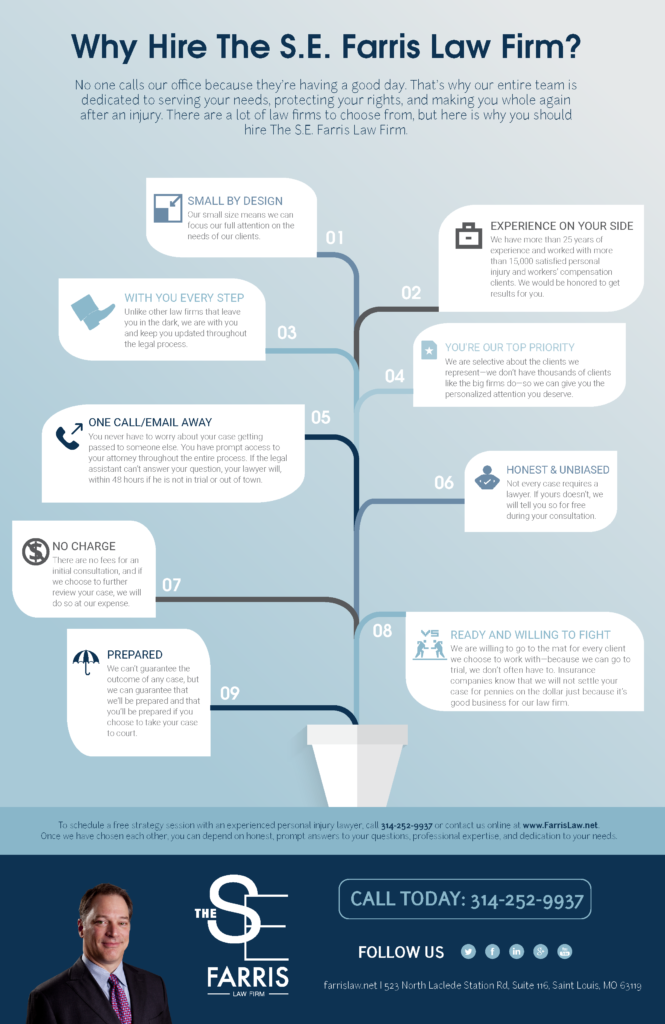Navigating A Criminal Trial: A Detailed Step-By-Step Evaluation Of What Happens
Navigating A Criminal Trial: A Detailed Step-By-Step Evaluation Of What Happens
Blog Article
Short Article By-Dickens Thompson
When you step into a criminal test, you could be stunned by the organized process that unravels. All of it starts with jury option, where possible jurors are scrutinized for predispositions with a technique called "voir dire." After that, both sides present their opening declarations, establishing the stage for the proof and testimonies to adhere to. You'll see just how the prosecution and protection construct their situations, but what occurs next can significantly affect the result. Recognizing these phases can disclose the complexities of justice, yet there's even more to uncover regarding the critical moments that comply with.
Jury Selection Refine
When it involves the jury selection procedure, you're diving into a critical phase of a criminal test. https://docs.google.com/spreadsheets/d/1iDiLLXdUx9GJ-MMQdgrpwGA6irKBasfS3tB9gNTFwvM/edit#gid=623575735 , commonly called "voir dire," involves wondering about potential jurors to guarantee they're honest and capable of delivering a reasonable verdict.
Suggested Web page 'll see both the prosecution and defense lawyer participating actively, each aiming to select jurors that align with their case's story.
Throughout voir dire, you'll discover that attorneys ask questions regarding jurors' histories, beliefs, and experiences. Their objective is to recognize any pre-existing biases that could influence a juror's choice. As a juror, you might feel a mix of anxiety and interest, yet your honesty is necessary.
After questioning, lawyers can challenge certain jurors for cause if they think a juror can not continue to be impartial. They can also utilize a restricted variety of peremptory difficulties to dismiss jurors without mentioning a factor.
Trial Phases Explained
The phases of a criminal test play an essential role in guaranteeing a fair and structured process.
You'll initially run into the opening declarations, where both the prosecution and protection outline their cases. This establishes the stage for what's to come.
Next, the prosecution presents its evidence and witnesses, aiming to prove the defendant's regret past a practical doubt. You'll see straight assessment followed by cross-examination, allowing both sides to test today info.
After the prosecution relaxes its case, it's the defense's turn. They'll present their evidence and witnesses, often focusing on developing reasonable doubt. You'll see that the protection doesn't need to verify innocence; they just require to challenge the prosecution's situation.
Once both sides have provided their arguments, you'll listen to closing declarations, where each event summarizes their situation. This is crucial as it enhances their positions prior to the court ponders.
Throughout these stages, the judge makes certain that the test sticks to lawful standards and that the rights of both parties are secured.
Understanding these stages will aid you appreciate the complexities involved in a criminal trial and the relevance of each action in the search of justice.
Verdict and Sentencing
Besides evidence has been presented and arguments made, the jury or court provides a verdict, figuring out the accused's regret or innocence. If you belong to the jury, you'll deliberate with your other jurors, going over the evidence and your impacts. This procedure can take time, as you'll want to ensure everybody agrees on the judgment based on the truths.
Once a judgment is gotten to, it's revealed in court. If the offender is condemned, the next phase is punishing. This is when the court chooses the suitable penalty. You may discover that numerous aspects affect the sentence, such as the severity of the criminal activity, the accused's previous record, and any mitigating conditions.
The judge may enforce a series of sentences, from penalties and community service to imprisonment. Occasionally, the defense or prosecution can provide debates concerning sentencing, trying to persuade the court's choice.
If the offender is found not guilty, they're acquitted, and no punishment adheres to. Keep in mind that a guilty judgment can usually result in allures, where the offender may test the judgment or the sentence enforced.
Verdict
In a criminal trial, you've seen just how essential each action is, from court selection to the final decision. You have actually adhered to the prosecution and defense as they construct their cases, aiming to encourage the jury. When deliberation completes, the judgment figures out the result, and if the defendant is found guilty, the sentencing stage begins. Understanding these processes helps you value the complexities of the justice system and the importance of each duty in guaranteeing a reasonable trial.
